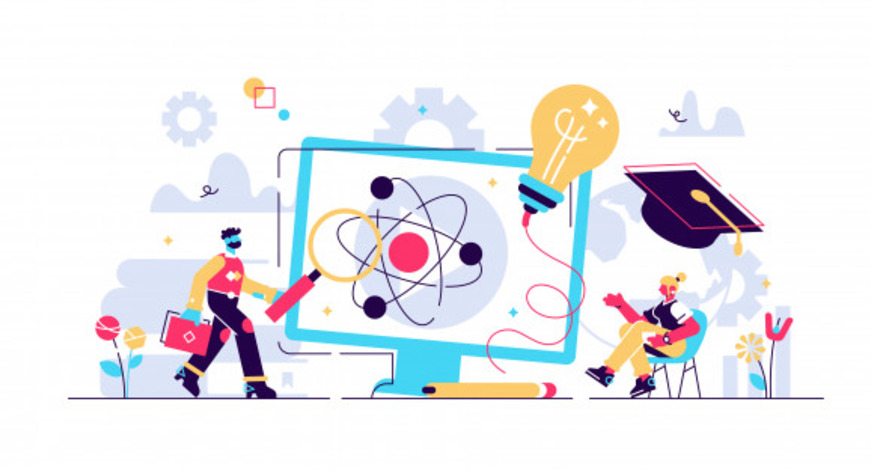Students with a growth mindset are more resilient, adaptable, and open to new ideas and experiences that can help them navigate change
In today’s fast-paced world, change is the only constant. The world around us is rapidly evolving with technology and innovation changing the way we live, work, and learn. While these changes are challenging, they also bring in new opportunities. It is imperative to adapt to these changes to succeed in any job role or career today. Educational institutions and educators should therefore help students to manage these changes and prepare for a dynamic future.
The first step towards adapting to change is keeping an open mind. Students should be encouraged to be willing to try new things, even if those are outside their comfort zone. Educational institutions should present them with problems and situations that are outside the purview of their curriculum.
A growth mindset should be fostered to help students navigate change. A growth mindset is a belief that intelligence and skills can be developed through hard work, perseverance, and dedication. Students with a growth mindset are more resilient, adaptable, and open to new ideas and experiences. They embrace challenges and view setbacks as opportunities to learn and grow. Educators can help students develop a growth mindset by encouraging them to take risks, learn from mistakes, and focus on the process rather than the outcome.
Technology is also changing the way we learn and work. Educators can help students adapt to technological change by integrating technology into their teaching methods. By using digital tools and platforms, students can develop digital literacy skills and learn how to communicate, collaborate, and create in a digital environment. Students should be encouraged to adopt new-age technologies and learn to use them effectively. Technology also gives students access to a wealth of knowledge and resources, allowing them to learn at their own pace and in their own way.
Another way to help students adapt to change is to teach them soft skills. Soft skills are the interpersonal, communication, and problem-solving skills that are essential for success in the workplace. Soft skills are becoming increasingly important in today’s job market because they enable individuals to navigate complex situations and work effectively with others. Educators can teach soft skills by providing students with opportunities to work in teams, practice public speaking, and engage in critical thinking and problem-solving activities.
Educational institutions and teachers can help students stay ahead of the curve by providing them with opportunities for experiential learning. Experiential learning is about learning through hands-on application, not just reading or lecturing. This can be done through internships, work-study programs, volunteering, or project-based learning. Experiential learning provides students with hands-on experience and allows them to develop skills and knowledge that are directly applicable to their future careers.
Students should also be encouraged to network with their peers, faculty members, and professionals in their field. Networking can help them stay up to date with the latest trends and opportunities. Staying informed about the latest developments in their fields can help students be more adaptive. They should be also encouraged to read industry publications, attend conferences, and follow thought leaders on social media.
Change is inevitable and it can be stressful. It is important for students to build resilience to cope with challenges. Educational institutions should help them develop healthy coping mechanisms and encourage them to seek support when needed. For only by being prepared for change can we stay ahead of change!

